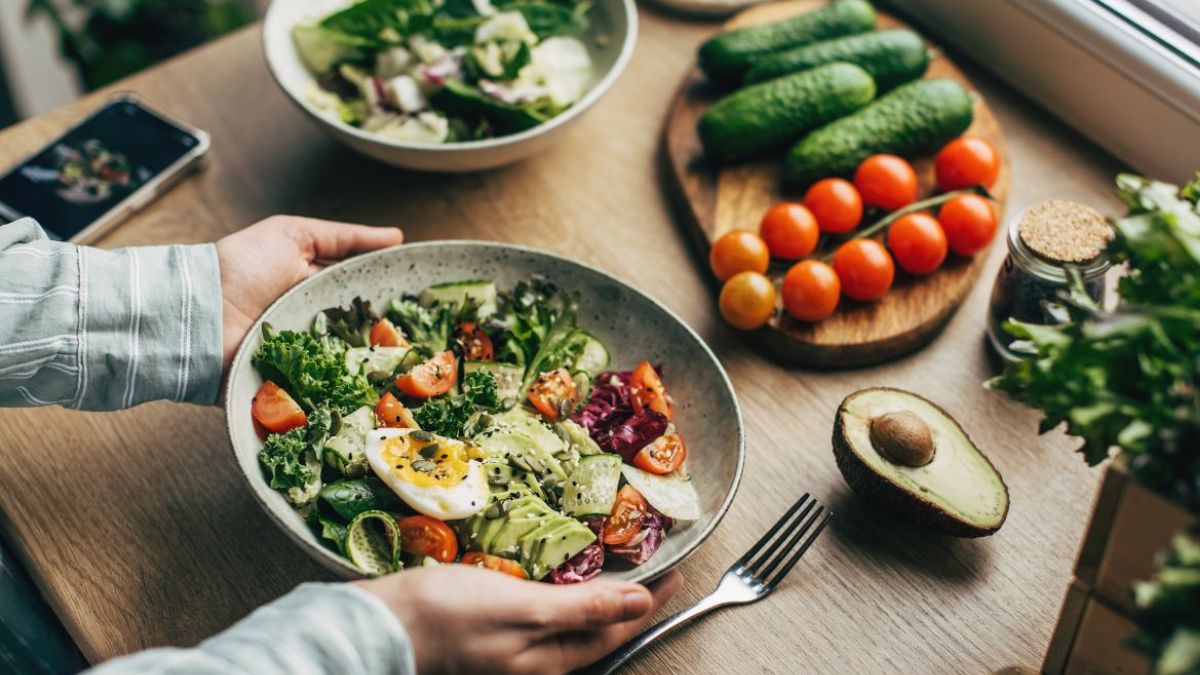
The age milestone also serves as an excellent reminder to start taking better care of your body. Thirty may be the new twenty.
As you approach your third decade, consider these ten dietary adjustments to help you age well. Although ageing is unavoidable, you can age well for the remainder of your life if you take action today. Additionally, you have control over lifestyle factors including nutrition, exercise, stress, and sleep, but not all aspects of ageing, such as genes and environmental influences.
And these are more important than you might imagine in preventing chronic illnesses and extending life. For better or worse, little changes every day build up, so the earlier you start, the better.
Even if your 30s could seem like the end of your early adulthood, embrace it and make the most of this period of your life. Now is the moment to keep feeding your body even though it isn’t developing anymore so that it can flourish in the years to come and you can feel as good as you did at fifty and beyond.
Here are top 5 eating changes you should do in your 30s
1. Increase Your Omega-3 Intake
Make an effort to increase your intake of omega-3 fatty acids. Your 30s are the ideal time to consider establishing healthy habits that will help you age properly, even though it may seem early. Longer-term health benefits including a lower risk of cardiovascular disease and enhanced brain health as you age are also associated with omega-3 fatty acids, as are short-term benefits like improved mood, increased cognitive function, and decreased inflammation. Additionally, omega-3 fatty acids are crucial for a baby’s brain development if you intend to have children. Fatty fish like salmon or sardines are the best source, but you can also get them from plants like hemp, chia, and walnut seeds.
2. Instead of fighting your hormones, partner with them
Consume food to support your hormones! One of progesterone’s most amazing effects is that it calms your nervous system, which makes it easier to handle stress. Progesterone starts to decline as early as your early 30s. Therefore, choose nutrient-dense, mood-enhancing foods that are abundant in vitamin B6 and omega-3 fatty acids. They are present in walnuts, flax, salmon, and whole eggs. Include foods strong in magnesium, such as dark leafy greens, pumpkin seeds, black beans, and lentils, as they also improve mood and increase progesterone.
3. Work Out More Wisely, Not Harder
Exercise should be smarter, not harder. Scientists agree that muscle mass tends to decrease with age, albeit they disagree on the precise percentage and causes. Therefore, even though your metabolism doesn’t “break,” it does slow down on account of muscle loss. This is because muscle burns calories even when you spend your entire day sitting at a desk because it is metabolically active. You burn less calories at rest if you have less muscle. To gain muscle, incorporate strength training into your regimen two to four times a week. And put aside your worries that gaining muscle will make you bulky. Rather, you will increase your metabolism, burn fat, and become thin.
4. Reduce Your Alcohol Consumption
Lowering alcohol intake may be the solution for you if you’re getting close to your third decade and want better sleep, greater energy, and a simple way to lose weight. According to the 2020–2025 Dietary Guidelines, women should not have more than one drink day and men should not have more than two. Twelve ounces of beer, five ounces of wine or one and a half ounces of spirits make up one drink. Drinking alcohol can raise your risk of high blood pressure, heart disease, stroke, liver disease, and cancer in addition to providing “empty” calories, or calories without any healthy nutrients.
5. Consume More Fibre
Fibre does more than just help you stay hydrated. Eating more fibre lowers the risk of cardiovascular disease, stroke, Type 2 diabetes, and colorectal cancer, according to a 2019 meta-analysis published in The Lancet. Additionally, the study found that the risk of developing chronic diseases decreased by 5% to 27% for every 8 grammes of fibre consumed. The highest level of protection was shown in those who consumed 25–29 grammes of fibre daily.
